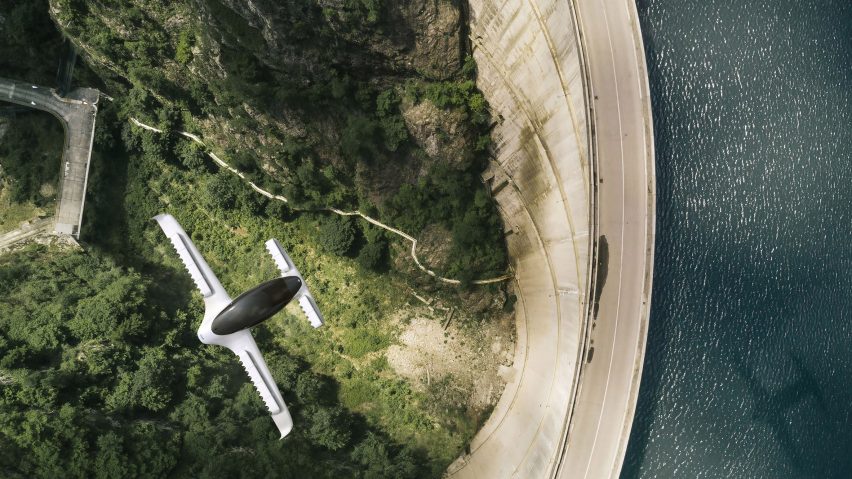
Lilium aims to operate all-electric air taxis in several cities by 2025
German startup Lilium has unveiled a five-seater jet-powered electric air taxi prototype that it plans to have operational in a number of cities around the world in the next six years.
The company revealed the design of the five-seater Lilium Jet electric aircraft last week and announced that it had completed its maiden flight earlier this month.
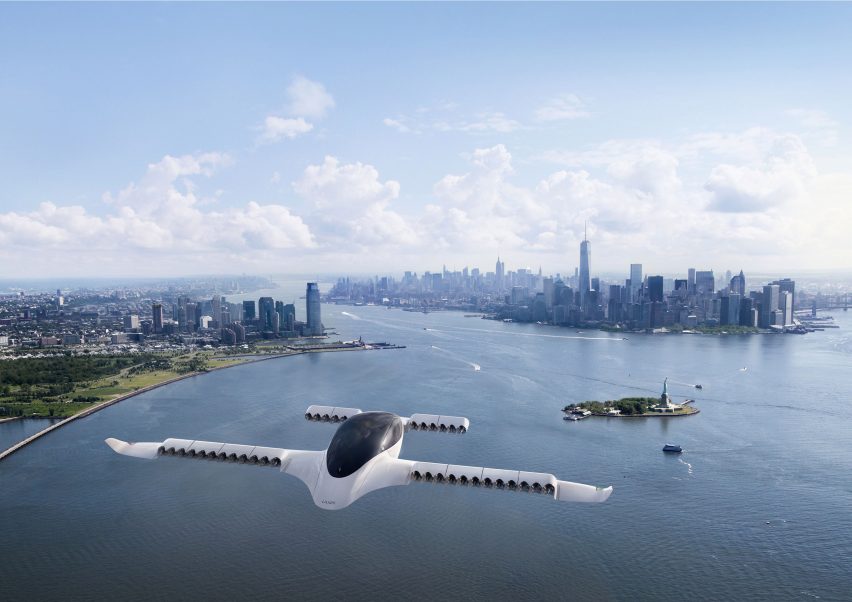
Lilium "expects to be fully operational in various cities around the world by 2025, although trial services will start earlier than this in several locations", said the company in a statement. According to the start-up, it is already in talks with "a number of cities" about using the planes commercially.
The five-person design is an update on Lilium's two-seater jet that successfully completed flight testing in April 2017.
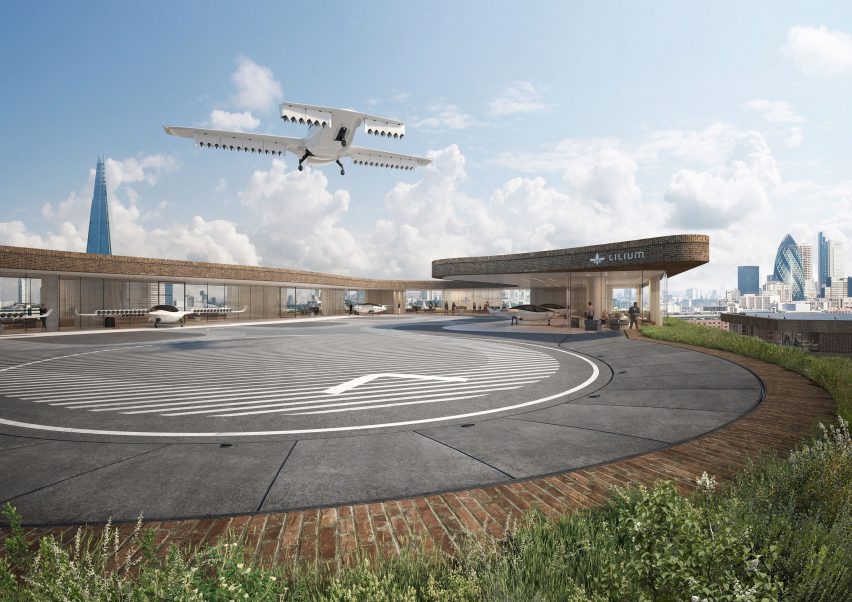
"Moving from two to five seats was always our ambition as it enables us to open up the skies to many more travellers," said Lilium founder and CEO Daniel Wiegand.
"Whether its friends or families flying together or business travellers ride-sharing into the city, having five seats delivers an economy of scale you just can't achieve with two."
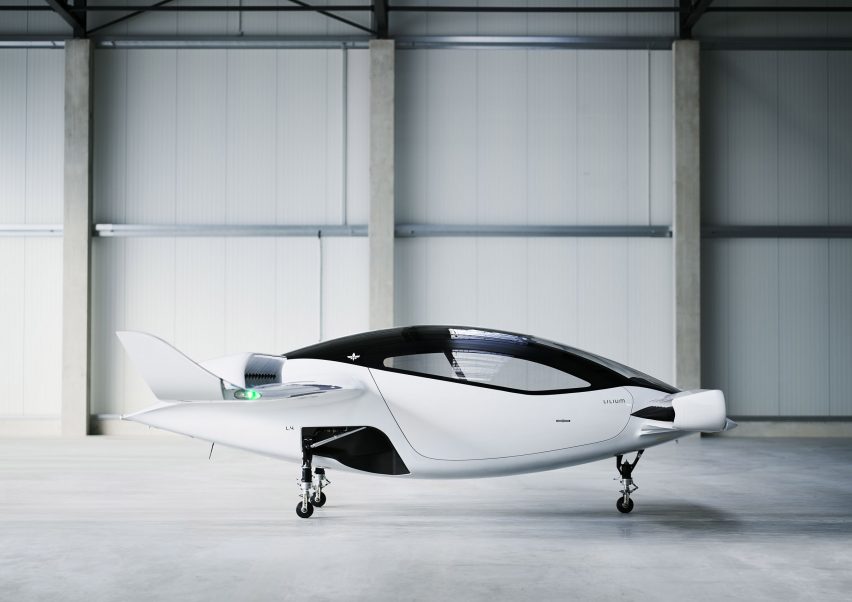
Like the original two-seater, the new five-seat prototype aircraft is designed to take off and land vertically before switching to flying horizontally, making it an EVTOL (electric vertical take off and landing) aircraft.
According to the company, future passengers will be able to use the Lilium app to locate a landing pad near them, in much the same way that people currently book a journey with ride-sharing services such as Lyft and Uber.
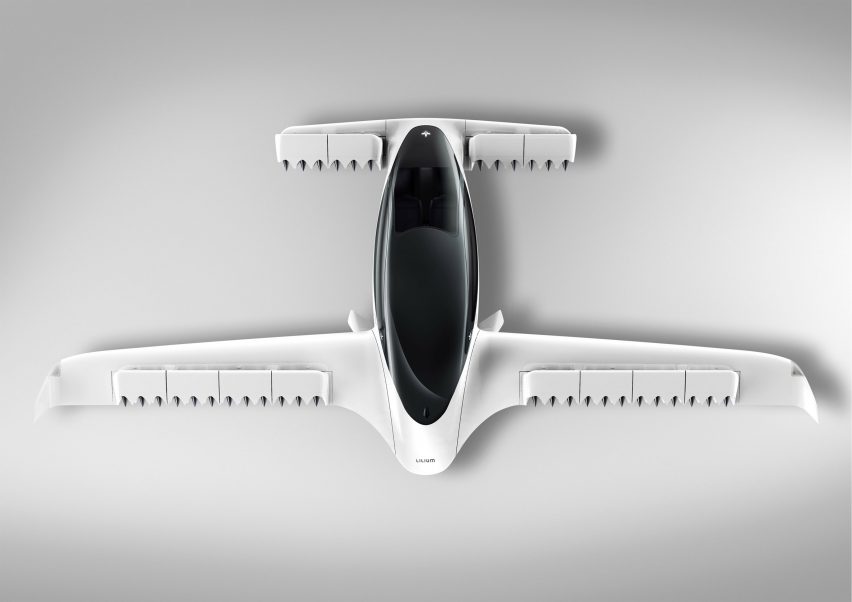
The company expects that journeys will be comparable in price to a regular road-based taxi, but four times faster.
"We dream of a world where anyone can fly wherever they want, whenever they want," said Wiegand.
"We've invested a tremendous amount of thought and care into designing an aircraft and a service that will let us deliver this, meeting society's demands for urban air travel that is quiet, safe and environmentally positive."
The "safe" and affordable" aircraft has a fixed wing, with no tail, rudder, propellers or gearbox, and an engine with only one moving part.
It is being piloted remotely during its test flights, but the company intends to test manned flights in future.
Unlike drone-based aircraft that expend a large amount of energy staying in the air, the Lilium Jet relies on the lift generated by its fixed wing to remain airborne. This reduces the amount of power required whilst cruising.
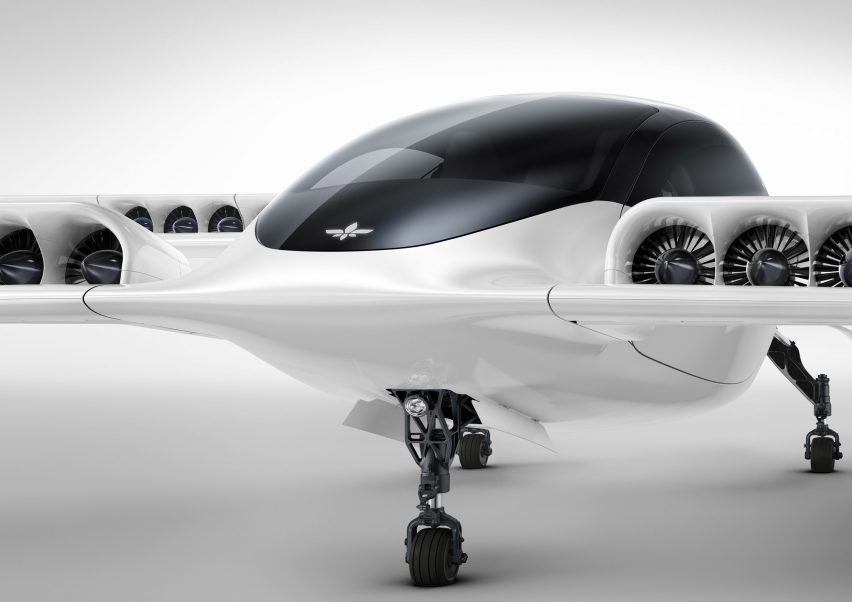
The full-size prototype is powered by 36 all-electric jet engines. It has a top speed of 300 kilometres per hour and a range of 300 kilometres.
"Whether it's reducing the need for investment in ground-based infrastructure like road or rail, or opening up new areas to economic opportunities, we believe that urban air mobility has the potential to be a remarkable force for good in society," said Wiegand.
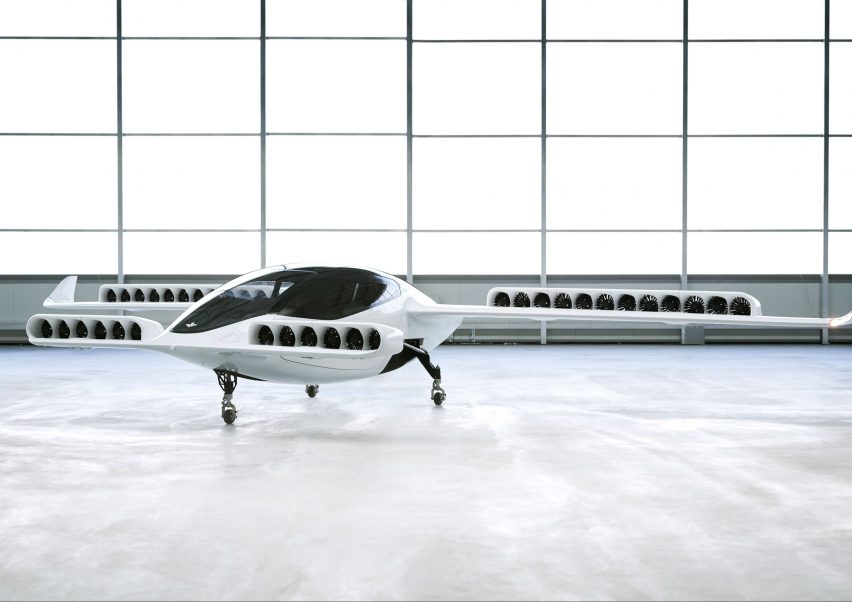
Earlier this year, Boeing tested a prototype of its autonomous electric passenger drone in Virginia, which like the Lilium Jet has a vertical take-off and landing. The company was able to move from a conceptual design to a successfully flying prototype within a year.